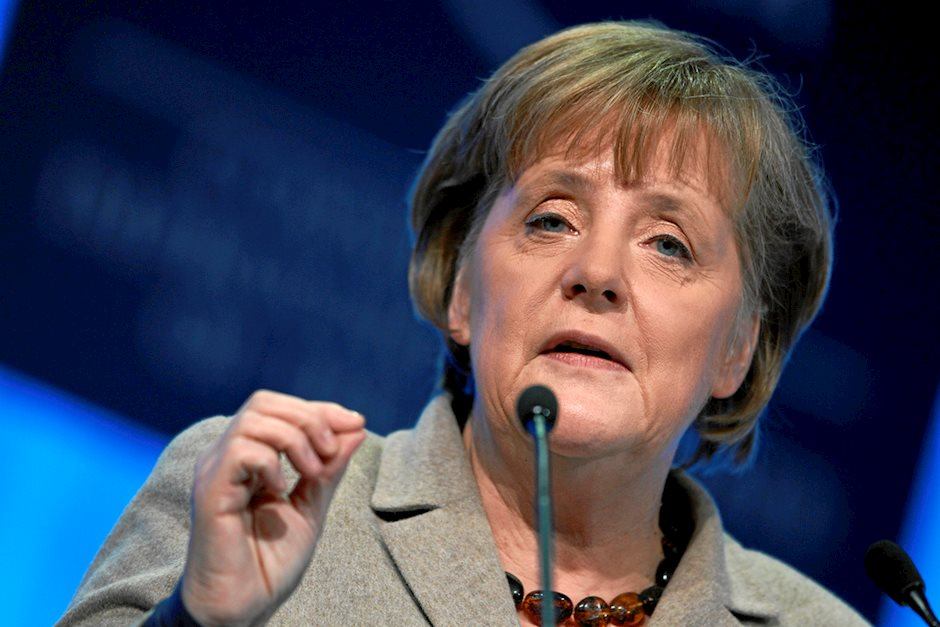The German coalition goes out with a bang – Commerzbank

Not only was there a political bang in the US yesterday, but also in Germany late last night. After Chancellor Olaf Scholz fired Finance Minister Christian Lindner, the so-called “Ampelkoalition” (a coalition between the Christian Democrats, the Social Democrats and the Greens) is now history, Commerzbank’s FX Analyst Antje Praefcke notes.
Euro can quickly recover short term
“Will the lights go out in Berlin now that the coalition has broken up? Hardly likely. The most likely scenario is a minority government followed by new elections in March. But even then, forming a government will likely be difficult. The euro has not yet reacted to the events in Germany. This could still happen when trading starts in Europe, as political uncertainty in the largest country in the euro zone is certainly not positive news for the single currency.”
“However, the consequences are likely to be limited. For a start, the political turmoil in Germany would have to lead to considerable negative economic consequences that have a significant impact on growth in the euro zone and thus influence the ECB's monetary policy to such an extent that it lowers the key interest rate more than expected. However, this is not to be expected (at least not at the moment).”
“The fact that the euro zone will only make sluggish economic progress in the coming months, due in part to weak growth in Germany, is likely to be already largely priced into the euro. As long as it is not clearly foreseeable that the euro zone will see lower trend growth in the future than previously expected, sustained losses in the euro are unjustified. As a result, the euro should only react briefly, if at all, to the news from Berlin, but should then quickly recover.”
Author

FXStreet Insights Team
FXStreet
The FXStreet Insights Team is a group of journalists that handpicks selected market observations published by renowned experts. The content includes notes by commercial as well as additional insights by internal and external analysts.

















